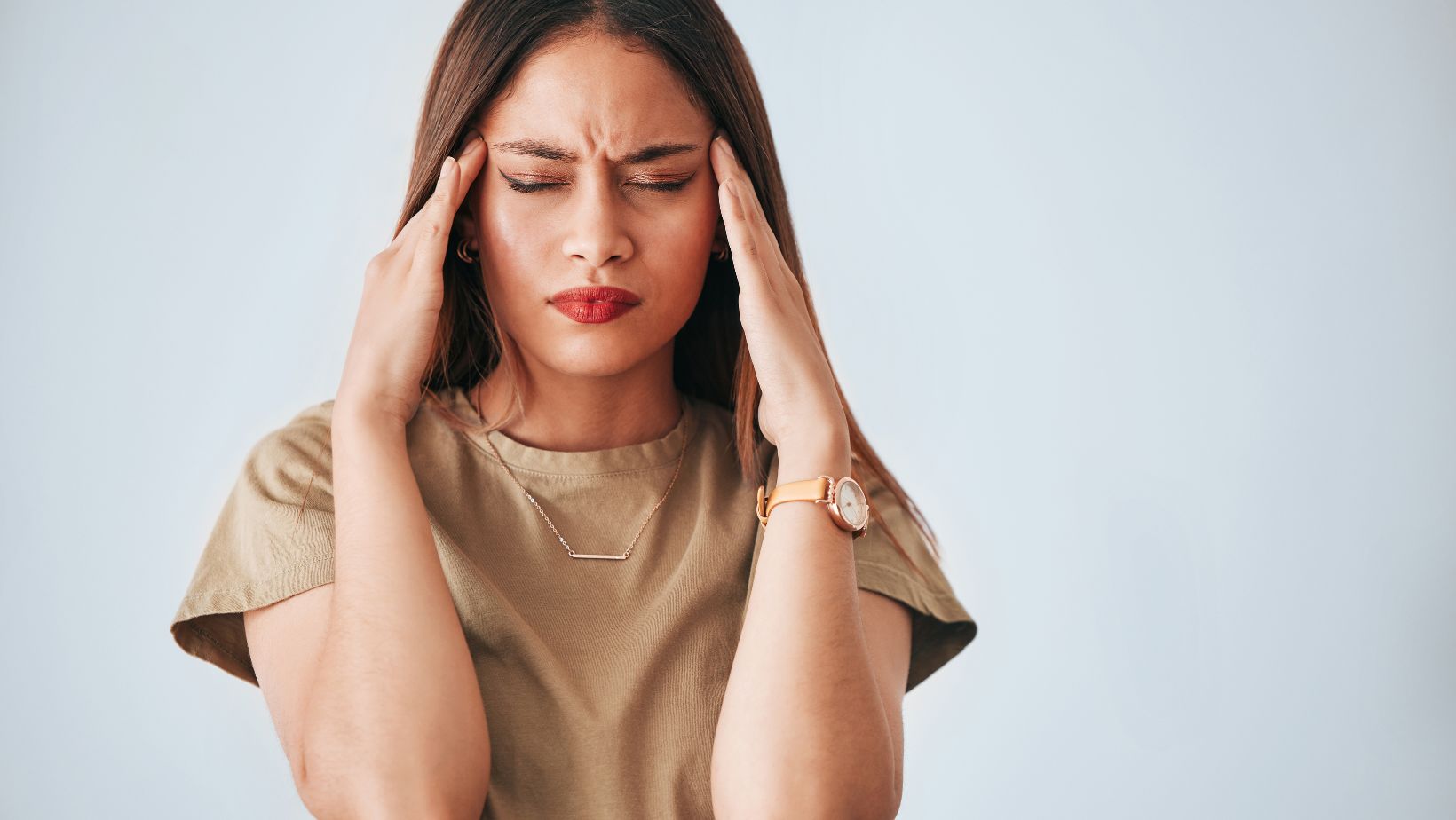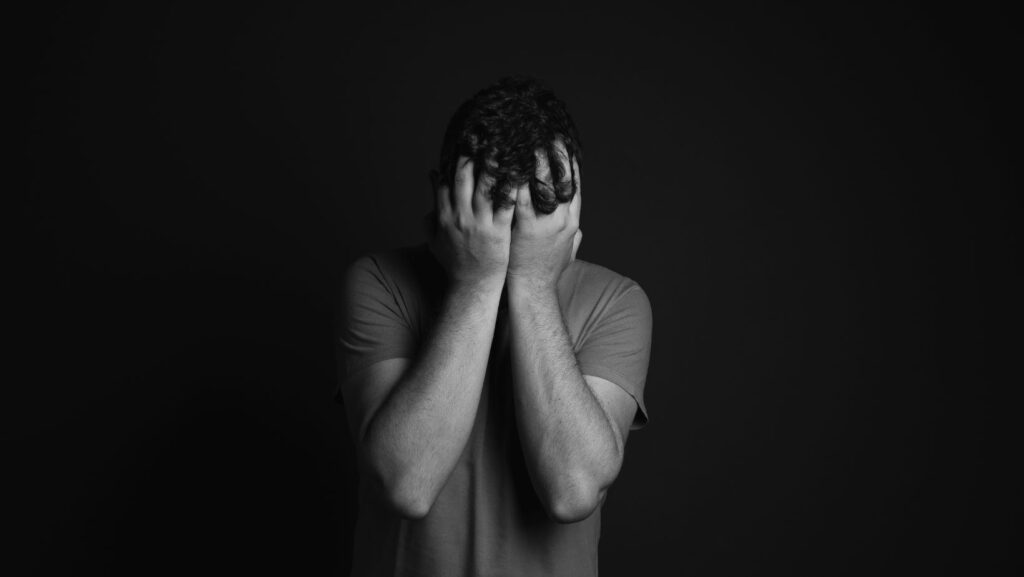Anxiety is a common experience that affects many people daily. Understanding how to manage it effectively can play a huge role in improving mental well-being. There are various strategies available that individuals can incorporate into their routines to tackle anxiety and regain a sense of calm. Some people find relief through mindfulness practices or physical activity, while others explore wellness tools like a red light therapy bed, which has been associated with promoting relaxation and reducing stress levels.
Among these strategies, finding an approach that works personally is key to managing everyday anxiety effectively. Methods such as mindfulness practices, deep breathing, and exercise are popular choices. For those seeking more personalized support, consulting an online anxiety doctor may provide tailored guidance that meets individual needs. Combining these strategies can make a significant difference in reducing anxiety’s impact on daily life.
Cognitive Behavioral Therapy
Cognitive Behavioral Therapy (CBT) is a widely recognized method for managing anxiety. It focuses on changing negative thought patterns to improve emotional well-being. This approach has been found effective in treating anxiety disorders.
One technique used in CBT is exposure therapy. This involves gradually facing situations that cause anxiety to reduce fear over time. Individuals can systematically confront their fears by creating a fear hierarchy and managing discomfort.
Another key strategy is the use of cognitive restructuring. This helps individuals identify and challenge irrational thoughts that can contribute to anxiety. By promoting more balanced thinking, this method can help reduce anxious feelings.
CBT can be undertaken with or without medication. It’s a flexible therapy that may take a few sessions to show noticeable improvements in anxiety. Studies indicate the therapy can be effective after as few as eight sessions.
Mindfulness Meditation
Mindfulness meditation is a practice that helps individuals focus on the present moment. This can reduce feelings of stress and anxiety. It involves paying attention to thoughts and feelings without judgment. By doing this, people can become more aware of their mental and emotional states.
Mindfulness-based techniques are backed by research as effective methods to reduce anxiety and stress. These practices can include simple breathing exercises, body scans, or mindful observation of surroundings. Engaging in these activities regularly can lead to improvements in overall mental well-being.
Practicing mindfulness meditation doesn’t require special equipment or locations. One can meditate almost anywhere, even for short periods. Taking just a few minutes daily can help individuals manage anxiety better. Consistency in practice can lead to noticeable changes in how one reacts to stress.
Exercise Regularly
Exercise is a key strategy for managing anxiety. Physical activity releases endorphins, which help to improve mood and reduce stress levels. Even a short walk around the block can have positive effects on mental well-being.
Different forms of exercise can help with anxiety. Aerobic activities like running or cycling are great for getting the heart rate up. Activities like yoga can also be beneficial, promoting relaxation and calm.
Adding regular exercise into daily routines is important. It doesn’t have to be intense or time-consuming. Simple activities like stretching or dancing to music can also contribute to a healthier mind.
Deep Breathing Techniques
Deep breathing techniques are effective for managing anxiety. The act of taking slow, deliberate breaths can help calm the nervous system. By focusing on the breath, a person can shift their attention away from anxiety-provoking thoughts.
One common technique is the 4-7-8 method. In this exercise, a person inhales for four seconds, holds the breath for seven seconds, and exhales slowly for eight seconds. This pattern can be repeated several times to promote relaxation.
Another method involves diaphragmatic breathing. Here, a person breathes deeply into the belly rather than shallowly into the chest. This type of breathing allows for greater oxygen intake and can help reduce anxiety symptoms by engaging the body’s relaxation response.
These breathing exercises are simple and can be practiced anywhere, making them accessible tools for anyone looking to manage stress effectively.
Healthy Sleep Routine
Establishing a healthy sleep routine is important for managing anxiety. Going to bed at the same time each night and waking up at the same time each morning can train the body to expect rest, as advised by some experts.
A calming pre-sleep routine can support a restful night. Activities like reading, deep breathing, or listening to soothing music can signal to the body that it’s time to wind down. This helps ease the mind and prepare for a good night’s sleep.
The sleep environment also plays a role in reducing anxiety. Keeping the bedroom cool, quiet, and dark can promote relaxation. Limiting screen time before bed is beneficial, as blue light can interfere with the body’s natural sleep signals.
Regular exercise and a balanced diet can also support better sleep, contributing to reduced anxiety levels. Keeping caffeine and heavy meals in check closer to bedtime can be helpful as well.
Conclusion
Managing anxiety in everyday life can significantly improve overall well-being. Individuals often find techniques like mindfulness and deep breathing effective tools to stay calm. Recognizing anxiety triggers is another useful strategy.
Seeking professional help when necessary offers long-term support and guidance. A combination of strategies helps control anxiety and improve quality of life. Everyone responds differently, so it’s important to find what works best for each person.

